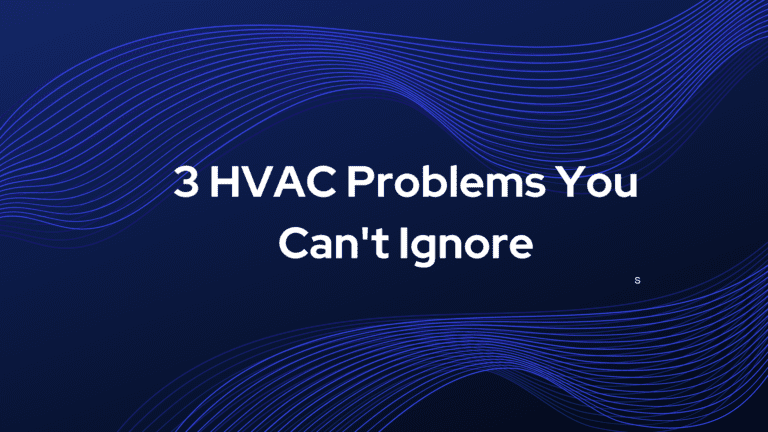Businesses rely on the operation of a commercial HVAC system to ensure comfort and safety. Both your staff and the public expect that your HVAC will work around the clock. Just as people enjoy walking into a cool blast of air conditioning on a summer afternoon, they will notice if your building is hot, muggy, and uncomfortable.
The HVAC is a complex system and many things can go wrong with it. The key to keeping it running smoothly is regular maintenance from a professional team. If you have the right in-house expertise to maintain your HVAC, it’s still important to have a documented maintenance policy that you follow to the letter.
Each week, month, quarter, and year brings different maintenance tasks for your HVAC.
Likewise, other factors such as your climate and the demands on your system will influence how you can keep it going strong. Sometimes, despite your best efforts, you might find yourself facing serious HVAC problems that require an immediate response. In cases like this, your HVAC should be your #1 building priority.
Serious HVAC failures rarely mean that the whole system needs to be replaced. Still, you could have issues with a vital component that needs to be assessed for repair. If repair isn’t possible, then you will need to source a replacement as soon as you can. Until then, your HVAC probably won’t work at all.
Here are the three biggest HVAC problems and their solutions:
1. Compressor Failure
The compressor, possibly a Trane CHHN060, is the most sophisticated and powerful component in your HVAC system. It is responsible for compressing the refrigerant gas and enabling it to traverse the rest of the system. When the compressor fails, everything else comes to a halt. It is also the most expensive part to replace.
Luckily, most HVAC problems that seem to be caused by the compressor actually have other explanations. If the compressor is maintained regularly and kept free of contaminants, it will usually operate at high efficiency for at least eight years. As it ages, a replacement plan can be implemented without any surprises.
Compressors can fail rapidly as a result of flooding or liquid slugging. In cases like this, compressor damage can also cause trouble with other parts of the system. If the system is brought offline quickly enough, then the compressor can be replaced while all the other components remain in service.
Once a compressor has been compromised, it is not usually possible to repair it. In cases where a repair can be affected, it is still necessary to source a replacement. A damaged compressor may suffer from a lasting loss of efficiency that can only be corrected by introducing a replacement.
2. Wrong or Insufficient Refrigerant
This may well seem like the simplest oversight in the HVAC world. Yet, it only takes a few minutes of inattention to make this kind of error. When an HVAC system runs out of refrigerant, it’s common to hear complaints from throughout the building about lukewarm air being blown when cold or hot air is desired.
Running out of refrigerant is not, by itself, a major problem. The mayhem starts when the wrong refrigerant is used while refilling. Your compressor and other commercial HVAC components are designed according to tight tolerances, so the wrong refrigerant can wreak havoc on sensitive internal mechanisms.
Once an improper refrigerant is introduced to the system, the clock is ticking on needing a whole new compressor unit. Since it’s responsible for compressing the refrigerant gas, it has the most direct and prolonged interaction with those chemicals. Other components like the evaporator coil can also be affected.
If it feels like your refrigerant is running out faster than usual, be sure to check for refrigerant leaks. Depending on where the leak is, it can allow refrigerant to go where it isn’t expected and cause an equipment breakdown.
3. Sensor & Thermostat Problems
All HVAC systems rely on sensors to measure air temperature and determine whether it is time to cycle on. The sensors lose sensitivity over time, causing the thermostat to send instructions to the rest of the HVAC that may not make sense. The system may not turn on when expected or it may cycle off and on constantly.
Many thermostat woes lead to a combination of energy inefficiency and bad performance. Your system may be running more often than usual, yet still not meet the temperatures required for your workplace. With a new thermostat, precision temperature control leads to excellent efficiency and savings.
If you find yourself in need of an all-new compressor, a remanufactured commercial compressor is a superior way to find a compatible unit at a good price. You may save 30% or more as well as weeks off the turnaround time. That gets your HVAC system up and running sooner without sacrificing quality.












